Chief Bola Ahmed Tinubu has rejected a recommendation from the National Economic Council (NEC) to withdraw the proposed tax reform bills currently under consideration in the National Assembly.
The recommendation, led by Kashim Shettima, came following the 144th NEC meeting, where governors from 19 northern states and prominent traditional rulers raised concerns about the tax reforms, particularly regarding the proposed amendment to the Value Added Tax (VAT) distribution.
The NEC’s recommendation was supported by a communiqué issued by the northern governors and monarchs, who argued that the tax reforms could negatively impact the interests of northern states and other sub-nationals.
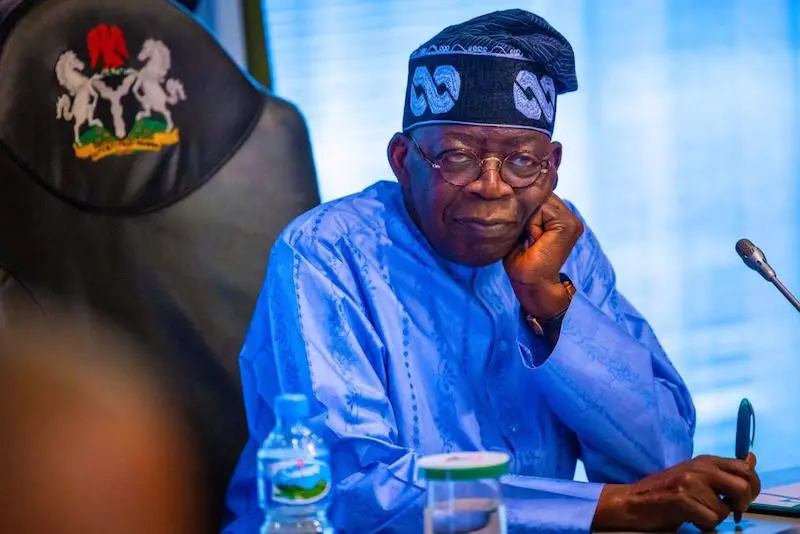
Tinubu, who had submitted the bills to the National Assembly on September 3, argued that the legislative process allows for further input and consultation without withdrawing the bills.
A statement from Bayo Onanuga, Tinubu’s media aide, noted that the president encouraged NEC to let the legislative process proceed, with opportunities for public input during parliamentary hearings.
“Bola Tinubu has received the National Economic Council’s recommendation that the tax reform bills already sent to the National Assembly be withdrawn for further consultation.”
“Tinubu commends the National Economic Council members, especially Kashim Shettima and the 36 State Governors, for their advice. He believes that the legislative process, which has already begun, provides an opportunity for inputs and necessary changes without withdrawing the bills from the National Assembly.”
“While urging the NEC to allow the process to take its full course, Tinubu welcomes further consultations and engagement with key stakeholders to address any reservations about the bills while the National Assembly considers them for passage.”
READ ALSO: Forex Crisis: Tinubu’s Govt Pushes Nigerians to Deposit Unbanked Dollars
“When Tinubu set up the Presidential Committee on Tax and Fiscal Policy Reform in August 2023, he had only one objective: to reposition the economy for better productivity and efficiency and make the operating environment for investment and businesses more conducive. This objective remains more critical even today than ever before.
“The Committee worked for over a year and received inputs from various segments of society across the geopolitical zones, including trade associations, professional bodies, different Ministries and Government Agencies, Governors, traders, students, business owners, and the organised private sector.
“The tax reform bills that emerged were distilled from the extensive work of the Presidential Committee.
“The tax bills before the National Assembly aim to streamline Nigeria’s tax administration processes, completely overhaul the nation’s tax operations, and align them with global best practices,” the statement added.
Follow the Parallel Facts channel on WhatsApp: https://whatsapp.com/channel/0029VaCQSAoHgZWiDjR3Kn2E



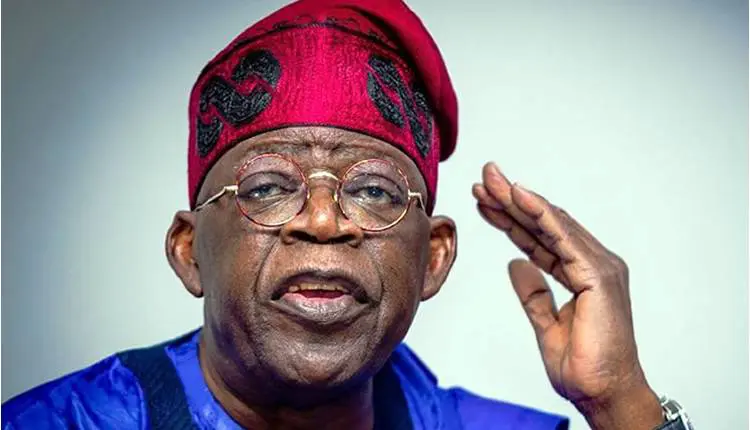

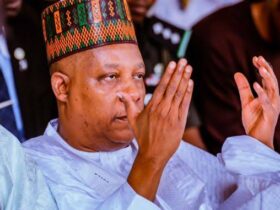
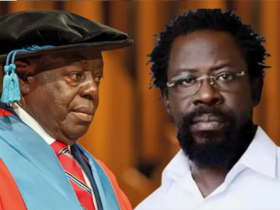

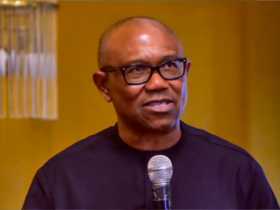
Leave a Reply